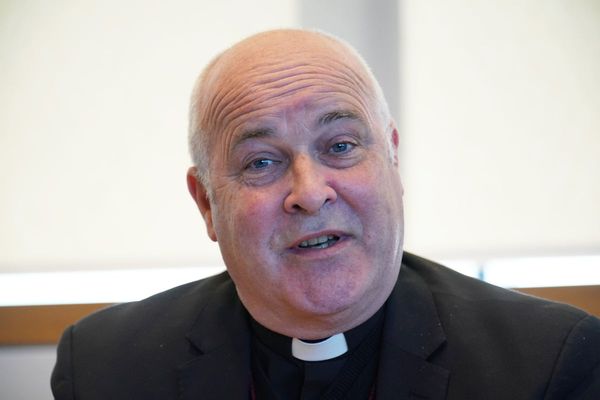
Another former Coalition minister whose responsibilities included administering robodebt has denied responsibility for the unlawful scheme.
Alan Tudge, who served as human services minister between 2016 and 2017 under the Turnbull government, was the third ex-minister to face the royal commission into the program yesterday.
Ex-ministers Marise Payne and Scott Morrison have gone before him; both said they weren’t aware the scheme was illegal. Christian Porter will take the witness stand later today.
While Tudge administered the portfolio of human services, with responsibility for robodebt, he said he wasn’t aware the scheme was illegal, and that in any case would have been powerless to stop it.
“You understand the concept of ministerial responsibility?” he was asked at one point by counsel assisting Justin Greggery.
“In the broad scheme, yes, but to say, the way that you put it, that I was responsible … I don’t think is right,” Tudge replied.
Robodebt used annual income figures averaged over fortnights, often incorrectly presuming the income would be the same in each two-week period, to claim welfare recipients owed the government money.
The onus was then put on the recipients to prove the government wrong. A Federal Court judge found in 2019 that income averaging was unlawful, echoing previous advice to the government.
Tudge said that as a junior minister he would have had no power to change the way the scheme worked.
“They were the cabinet decisions, which I didn’t have the authority to overturn,” he said.
“My authority was to fix the implementation and the operations of the system, which was my very sharp focus.”
He also said he wasn’t aware the scheme was unlawful, despite waging a media campaign against whistleblowers and self-identified robodebt victims.
The commission heard Tudge was personally involved in crafting a counter-narrative by “dropping” information to newspapers, including The Australian, which received a dossier from Tudge’s office based on the personal information of welfare recipients.
Tudge was also asked about an incident where his office revealed to a Canberra Times journalist the personal information of a woman who had written a newspaper column about how she felt “terrorised” by Centrelink.
Tudge said the woman’s details were shared to correct the record, and that in hindsight, he wished the department had released the information instead of his office.
He disagreed the information leak would have a chilling effect on critics.
Commissioner Catherine Holmes said it had been a “terrible idea” that “made very clear that if somebody wanted to criticise Centrelink in public, they were taking a risk.”
“That was not my intention,” Tudge said.







